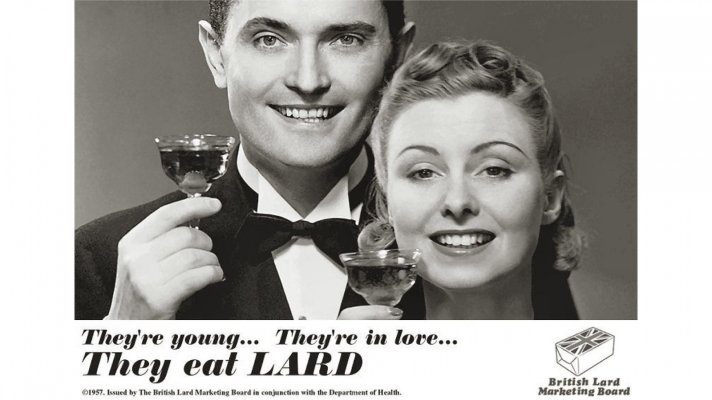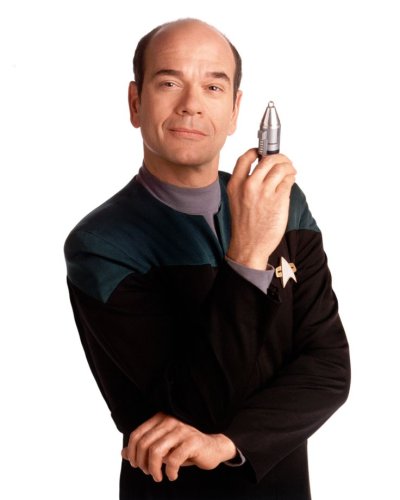RAE
Thinks s/he gets paid by the post
I agree with that attitude. My calcium score was 370 (11 years ago) and I've never regarded it as a problem. But I'm one of those dangerous heretics who believes that your blood cholesterol has nothing whatever to do with your heart attack risk. Most people will ignore my comments because of that.
There is a ton of research out there now that supports what you say about cholesterol. In fact, people above a certain age (70 or so, as I recall), actually live longer if their total cholesterol is on the high side. The things to pay attention to include triglycerides, HDL, hBA1C, fasting insulin. Sometimes I wonder how many more decades we will have to endure all of the misinformation that we keep getting from the drug companies (and quite a few doctors), despite a huge amount of published studies now that refute much of it.


